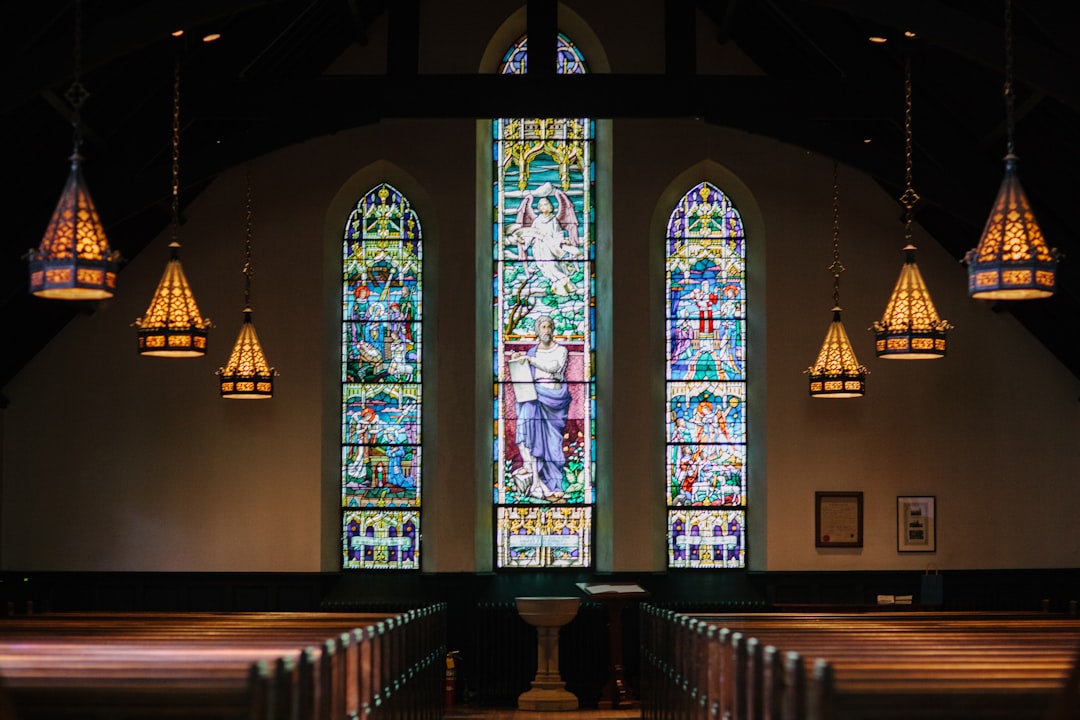In South Carolina, clergy abuse survivors have legal options through specialized clergy abuse law firms, offering guidance and seeking justice via civil lawsuits. Understanding rights is vital for healing. Prompt action is crucial due to time limits. Choose an experienced firm specializing in such cases for tailored strategies and compassionate support throughout the process, ensuring closure and accountability.
Legal Remedies for Clergy Abuse Survivors in South Carolina
Clergy abuse is a sensitive yet critical issue, and survivors in South Carolina have legal options to seek justice and healing. This guide explores the complex landscape of clerical abuse, focusing on understanding the rights of victims and the available legal actions. With specialized clergy abuse law firms in SC offering support, survivors can navigate their options and take steps towards recovery. Learn about your rights, the importance of expert representation, and how legal action can be a powerful tool for healing.
Understanding Clergy Abuse in South Carolina

In South Carolina, clergy abuse refers to any form of mistreatment or exploitation by a member of the clergy that causes emotional, psychological, or physical harm to a minor or vulnerable adult. This can include sexual abuse, emotional manipulation, and other unethical behaviors committed within the context of spiritual leadership.
Survivors of clergy abuse in South Carolina have legal options available to them through specialized clergy abuse law firms. These firms help victims navigate complex laws and procedures, offering support and seeking justice through civil lawsuits against the abuser and institutions responsible for their protection. Understanding one’s rights is crucial for survivors to heal and find closure, ensuring accountability for the actions that caused immense suffering.
Legal Options for Survivors: Your Rights

If you or someone you know has experienced clergy abuse in South Carolina, it’s crucial to understand your legal options and rights. A clergy abuse law firm in South Carolina can provide guidance and support through this difficult process. They can help survivors navigate complex legal systems and explore potential avenues for justice.
Survivors have the right to seek compensation for their suffering. This may include financial damages for medical expenses, therapy costs, lost wages, and pain and suffering. It’s essential to act promptly as there are often time limits on filing legal claims. A skilled attorney specializing in clergy abuse cases can explain these rights and help survivors take the necessary steps to assert their claims effectively.
Choosing a Clerical Abuse Law Firm SC

When seeking legal recourse for clerical abuse in South Carolina, selecting the right clergy abuse law firm is an essential step. Survivors should look for a reputable and experienced team specialized in handling such sensitive cases. This expertise ensures that your case receives tailored attention, considering the unique challenges and potential complexities of religious institutional lawsuits.
A top-tier clergy abuse law firm in SC will have a proven track record of success in similar cases, demonstrating their ability to navigate intricate legal procedures and advocate for their clients’ rights. They should offer a compassionate yet professional approach, ensuring your comfort and privacy throughout the process while providing clear communication about your legal options and potential outcomes.
Supporting Recovery Through Legal Action

For survivors of clergy abuse in South Carolina, pursuing legal action can be a powerful tool for healing and justice. A skilled clergy abuse law firm in South Carolina can provide essential support and guidance during this difficult process. These professionals understand the unique challenges faced by victims, offering specialized knowledge and resources tailored to their needs.
Through legal action, survivors can not only seek compensation for their suffering but also hold accountable those responsible for the harm they endured. This process allows for a sense of closure and can contribute to a path of recovery, ensuring that the victim’s voice is heard and their rights are protected in the face of such trauma.






